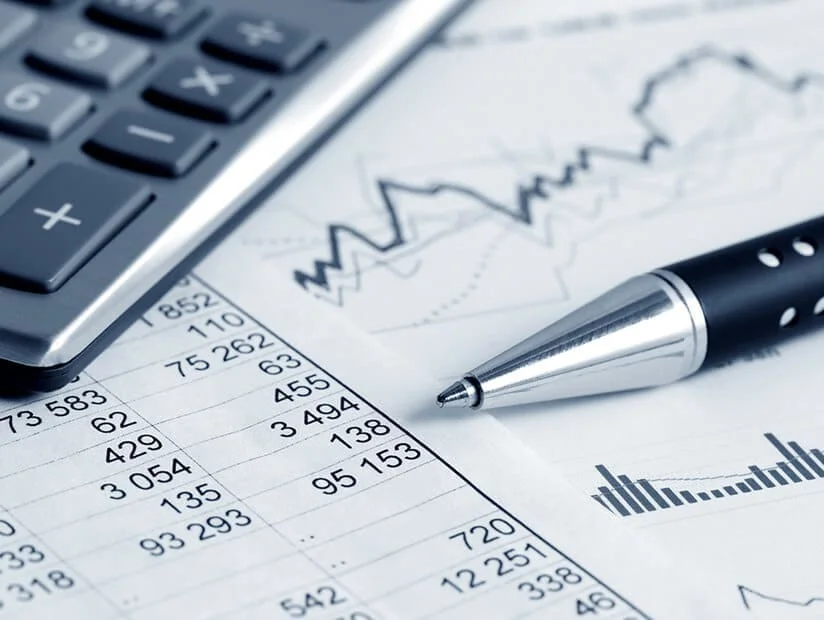Sharpen Your Financial Planning to Meet Future Demands
Empower your team with the capacity to forecast performance and craft more realistic budgets to hit the mark. Our services help sharpen your resource alignment for the dynamic needs of future projects.

FP&A consulting can:
-
Bring data rigor to help match operational plans to business strategy.
-
Help develop a budget, set granular targets and track performance against expectation.
-
Distill external and departmental data into actionable insights and finance forecasts.
-
Conduct modeling and scenario planning to create projections and pressure-test strategy.
-
Introduce processes and tools to improve your financial reporting capability.
Operational Planning
Dynamic Operational Planning to Execute on Your Goals
Translate your company’s strategic goals into targeted KPIs and budget plans for your day-to-day operations. Our experts make it easier to bridge the understanding between operational performance and strategic impact.
-
Break silos to integrate finance and operations.
-
Bring ongoing visibility and tracking into operations.
-
Support forecasting, risk assessment and cost controls for effective planning.


Budgeting
Optimize Your Budget Plan Before Execution—And After
Without realistic and sustainable goals, a budget can’t stay relevant. Our experts help companies build the right templates and identify the right targets to create flexible budgets at the appropriate granular level, so you can plan with agility.
The art of budgeting starts with a smart budgeting process that combines insight and foresight. A Paro FP&A consultant will help:
-
Select the right budgeting method for your business and industry, be it a top-down approach for ease or a zero-based budgeting approach for exactness.
-
Track performance against projections through budget variance analysis to help you adjust assumptions or shift focus.
-
Build the tools to gain real-time information for future financial planning and budgeting.
 Recommended
Reading
Recommended
Reading
 SUCCESS STORY
SUCCESS STORY
Flexible Analytic Leadership Drives +15% Margin Growth
How a fast-growing digital agency gained the flexible solution it needed to stand up an FP&A function while gaining strategic advisory support.
Read more ›  CASE
STUDY
CASE
STUDY
Financial Tools, Data & Know-How Help Ovation Raise $1.25 Million
With a robust pro forma model, a data services company achieved investor confidence and a focus for internal planning and management.
Read more ›Forecasting
Build Precise Forecasts, Customized to Your Business
Whether you’re in need of basic cash flow planning to determine if you can fund
your operations, or you’re in need of deeper financial analysis for a potential
transaction or market move, our experts can meet you at your specific data capabilities.
Lift-off
Add scenario and sensitivity analysis to illustrate answers to investor questions and model the impacts of business decisions.
Cruising Altitude
Engage advanced forecasting techniques like AI forecasting to proactively maintain stability, predictability and progress.
Outsourcing with Paro
Gain Insights Faster With a Paro FP&A Consultant
You can’t build financial planning, budgeting and forecasting capabilities overnight—but it’s faster and easier when you use fractional talent. When you bring on a Paro expert, you instantly gain:
-
Up-to-date skills and expertise without paying a full-time salary.
-
Knowledge of analytical tools and financial modeling packages proven to drive profitability.
-
Access to the top 2% of finance and accounting experts, with verified experience spanning more than 55 industries.

FAQ
This varies depending on the size and capabilities of your business. In general, a financial analyst will use historical, competitor, departmental and other data to help establish assumptions to create a forecast and deeper financial model. From the forecast, finance teams then create a budget that aligns with expected performance and continuously monitor performance to determine if the original assumptions were correct. For the most realistic picture of how this process will look for your business, <span><a href=”/paro-solutions/” target=”_blank” rel= “noopener”>book a consultation</a></span>.
Your sales are responsible for your company’s revenue, profits, and ultimately, its growth. By forecasting your future sales, you can understand what resources to allocate to hit sales targets and how to hit targets with the most cost-efficiency.
A finance forecast is an estimation of revenue over time based on a set of assumptions about the past, present and future. Example: “Assuming X event happens and Y condition continues as is, we estimate revenue to be Z.”
A budget is an outline of goals and expectations over a given period of time. Example: “We expect to spend X amount on R&D, with a goal to stay under Y amount.
You can use your forecasts to define your budget for a given period. Alternatively, you can forecast using the assumptions set forth in a given budget.
A budget forecast is not a budget, but rather a type of forecast that uses the budget for the next fiscal period to predict what will happen if that budget’s objectives are achieved.
A forecast describes what you expect to happen given things as they stand, while a projection describes the impacts of a specific or unexpected scenario. Forecasts are often used to build deeper, more detailed projections, but using both is crucial for a well-rounded understanding of your company’s future.
Successful financial analysts should have three core skills to deliver the insights you need in a way that makes sense to you:
- Data analysis: Can they make meaning from intricate sets of data and turn that into actionable steps?
- Software mastery: Do they know how to use and create value from common financial analysis and planning programs?
- Communication: Can they explain complex financial information simply and clearly to you and your stakeholders?

